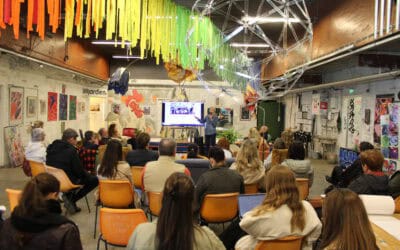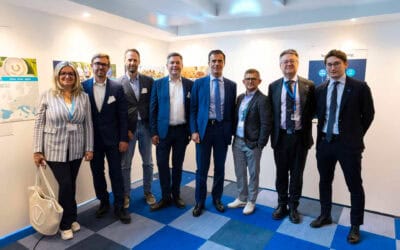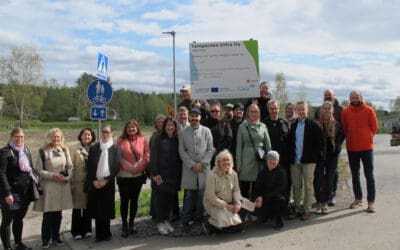Each Interreg project starts with an idea how to tackle a particular challenge or exploit an arising opportunity by working together across borders. At every stage of a project lifecycle, the involved partners talk about their project to other partners, to their target groups, to the Programme bodies. Representatives of 50 Interreg projects met in Tallinn in mid-November to learn how to talk about their project to be better heard and understood.
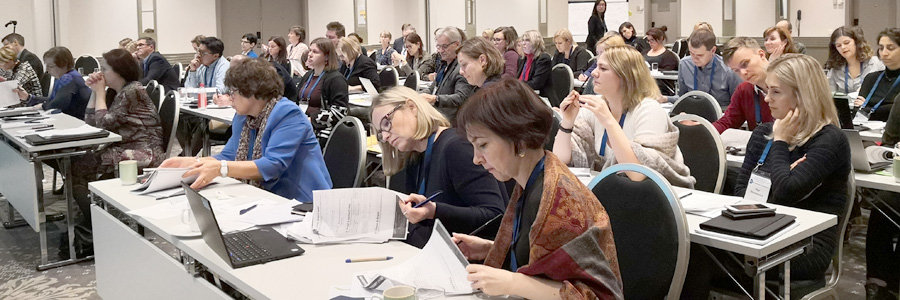
© IB.SH/Anna Galyga
Tell your project story!
An elevator’s pitch is a one-minute talk to a newly met person, which aims at attracting his/her attention. The participants used this format to exercise to explain the core of their Interreg project. Next, they extended the pitch into a more comprehensive structure, leading through the context of the project – challenge to tackle – solution – how the solution works – proof it works – vision and brand. Along with an online tool, which helps to shape a story in steps, the participants worked on the content from their own project, which they can later use across various communication products and channels.
Throughout the sessions, the trainer Charlelie Jourdan (agency 75percent) shared numerous hints, for example on the importance of telling true stories of helping real people in real places, as small stories turn universal, not the other way around. The participants learned that a good story can draw attention of relevant multipliers, for example journalists, that can share stories further.
A vast majority of participants admitted that the storytelling training was a highlight of the event. Caroline Oxley from the Helmholt-Zentrum Geesthacht who works for the CAROTS project said that using own project content and testing new methods with colleagues was what made the training especially helpful.
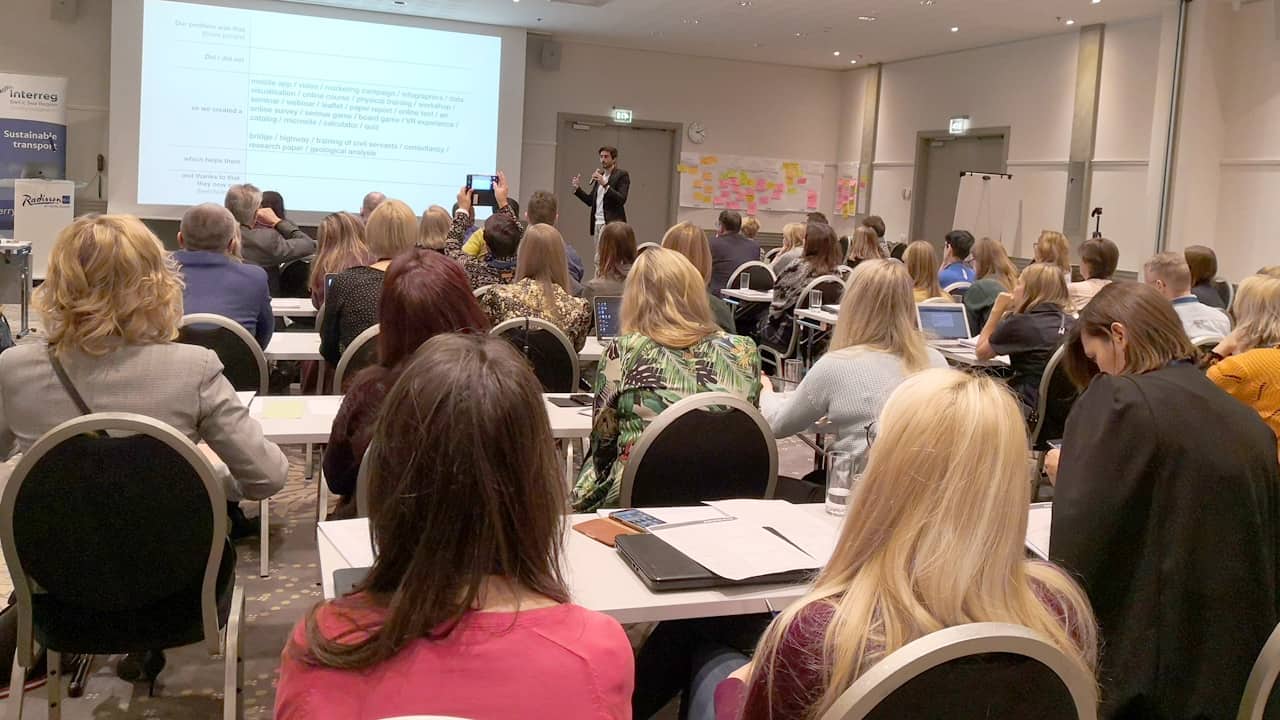
Charlelie Jourdan (agency 75percent) is running storytelling training. © IB.SH
Project communication: where to start?
The communication seminar, which followed the storytelling training, in particular addressed communication managers from projects approved last year as well as new staff in other Interreg Baltic Sea Region projects. Explaining in more detail roles and responsibilities of a communication manager in a project, presenting how to report on communication activities, drawing attention to visibility rules – these were examples of information the participants were introduced with. The Programme’s perspective on how to communicate Interreg jointly – on the project and Programme level – complemented all-you-need-to-know package of information that helps in successful communication.
Where to look for inspiration to tell your project story?
Visit the event’s page to again explore the supporting material from the storytelling training as well as the presentations from the communication seminar the training was part of. Watch a short video guide on storytelling prepared by MA/JS communication officers for more ideas on storytelling.
And most of all, practise your elevator’s pitch, practise telling a good story about your project. And once you have great results of transnational work in place closer to an end of the project implementation, do not hesitate to share them with the Programme communication team. Good story always count!



